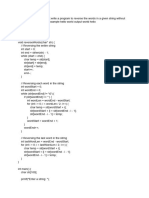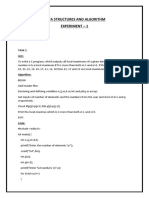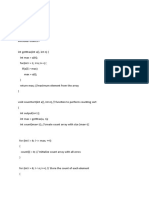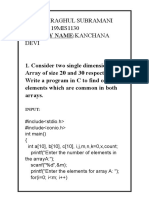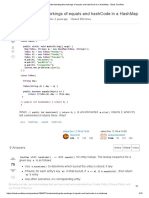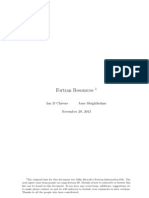0% found this document useful (0 votes)
18 views11 pagesError EliminatorQuestions
The document contains a series of programming exercises with initial code snippets and their corrected versions. Each exercise addresses common programming errors in Python and C, including issues with syntax, logic, and output. The corrections ensure the code functions as intended, providing accurate outputs for various examples.
Uploaded by
sumanthshetty080Copyright
© © All Rights Reserved
We take content rights seriously. If you suspect this is your content, claim it here.
Available Formats
Download as DOCX, PDF, TXT or read online on Scribd
0% found this document useful (0 votes)
18 views11 pagesError EliminatorQuestions
The document contains a series of programming exercises with initial code snippets and their corrected versions. Each exercise addresses common programming errors in Python and C, including issues with syntax, logic, and output. The corrections ensure the code functions as intended, providing accurate outputs for various examples.
Uploaded by
sumanthshetty080Copyright
© © All Rights Reserved
We take content rights seriously. If you suspect this is your content, claim it here.
Available Formats
Download as DOCX, PDF, TXT or read online on Scribd
/ 11








